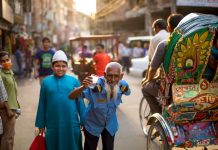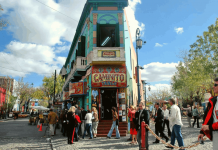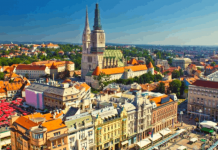The richness of Chinese culture is manifested by celebrating their traditional holidays in the form of festivals with a lot of zest and enthusiasm. The Chinese folklore is experienced and remembered by all of us through their native festivals which speaks to their extravagant heritage.
Though these holidays are usually decided according to the Chinese calendar, a few exceptions include holidays on the Winter Solstice Festival which are in connotation to the Gregorian calendar.
Traditional holidays are celebrated where the Chinese speaking regions are deeply rooted. Read on to learn more about traditional Chinese holidays.
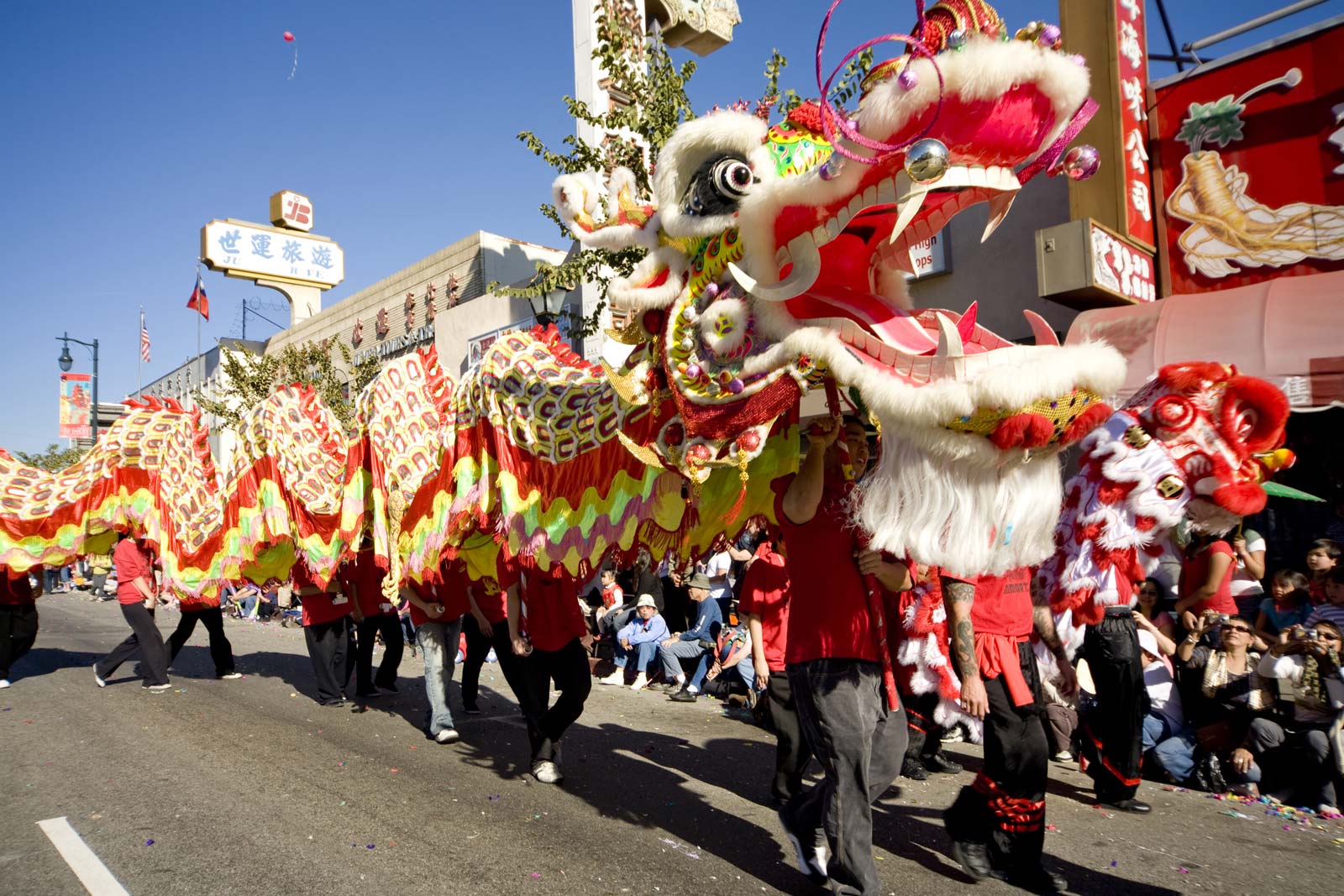
Chinese New Year Festival
The Chinese New Year Festival, also known as the Chinese Spring Festival celebrated a history of approximately 4,000+ years that lasts for nearly 2 weeks.
It is one of the major holidays on the Chinese calendar due to its immense significance in Chinese culture. People buy new clothes, gifts, and materials for their loved ones to spread the delights.
Many people decorate windows and doors in their houses with red paper-cuts and writing with themes. There is a feast of delicacies in every home where all the members sit together and spend quality time relishing the food and talks.
Dragon Boat Festival
The Dragon Boat Festival is a holiday in China for more than 2,000 years. The festival occurs on the 5th day of the 5th month of the lunisolar Chinese calendar and the date may vary from year to year.
This festival comes up with the delights of unique dishes that are enjoyed by everyone, like rice dumplings known as “zongzi”, realgar wine Xiong Huang Jiu, and racing of dragon boats.
Mid-Autumn Festival
The Mid-Autumn Festival is a harvest festival celebrated by the people of China and Vietnam. It is held every year on the 15th day of the eighth month according to the Chinese calendar, which is in late September or early October in the Gregorian calendar.
The Government of the People’s Republic of China has listed this day as an “intangible cultural heritage” in the year 2006 and was made a public holiday in the year 2008.
Yuan Xiao Festival
It is also known as the “Lantern Festival in China” and is held on the 15th day after the Spring Festival. Involving the sight of beautiful lanterns of different shapes and sizes at night, it lets folks embrace dazzles and allures all over.
The magic of lantern brings people from all around the world to witness the magnificent designs and colors. A famous traditional dish called Tangyuan is also prepared for this festival.
Qingming Festival
Qingming Festival is one of the most important Chinese festivals and also referred to as Tomb Sweeping Day, as people offer sacrifices on this day.
The Han bring sacrifices to their ancestors and sweep the tombs of their loved ones who departed from this world. It shows somewhat similarity to the All Souls’ Day celebrated by Christians in India.
Dongzhi Festival
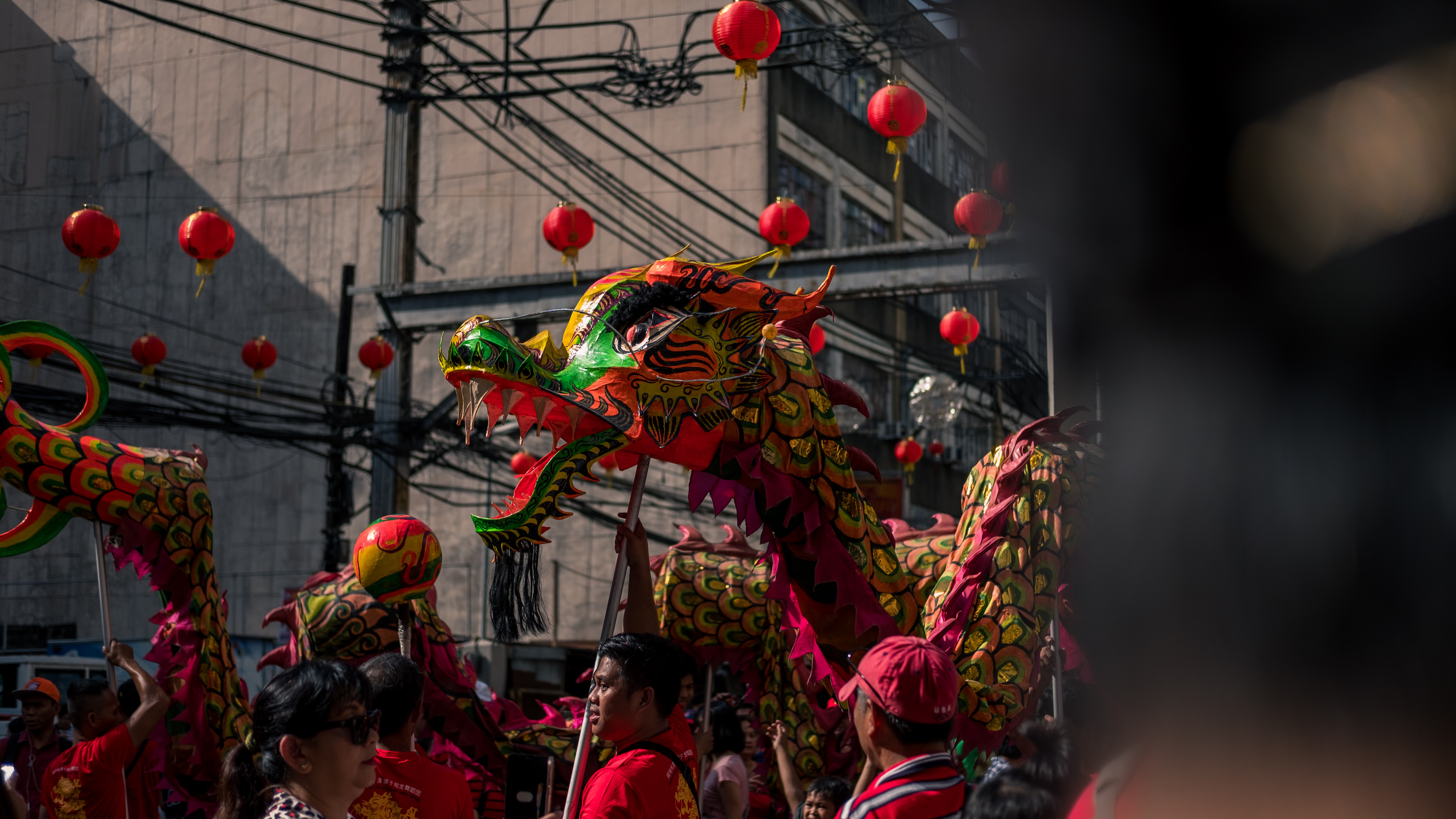
Being one of the most auspicious Chinese festivals, the Dongzhi Festival is celebrated in the month of December every year. This is one of the popular events in China, also called the Winter Solstice.
Based on the essence of balance and harmony in the cosmos, the people of China celebrate this festival by visiting each other and making delicious dishes for each other.
The Bottom line
Festivals are the feast to heart and Chinese festivals are one among all that bring with themselves a list of blissful holidays, vibes of prosperity, and good health.
They not only represent the culture of China with utmost beauty, but also give an elaboration that they are beyond superstitions. Therefore, the aforesaid major traditional Chinese holidays with their meaning and value are everything you need to know to fill your heart with joy.




